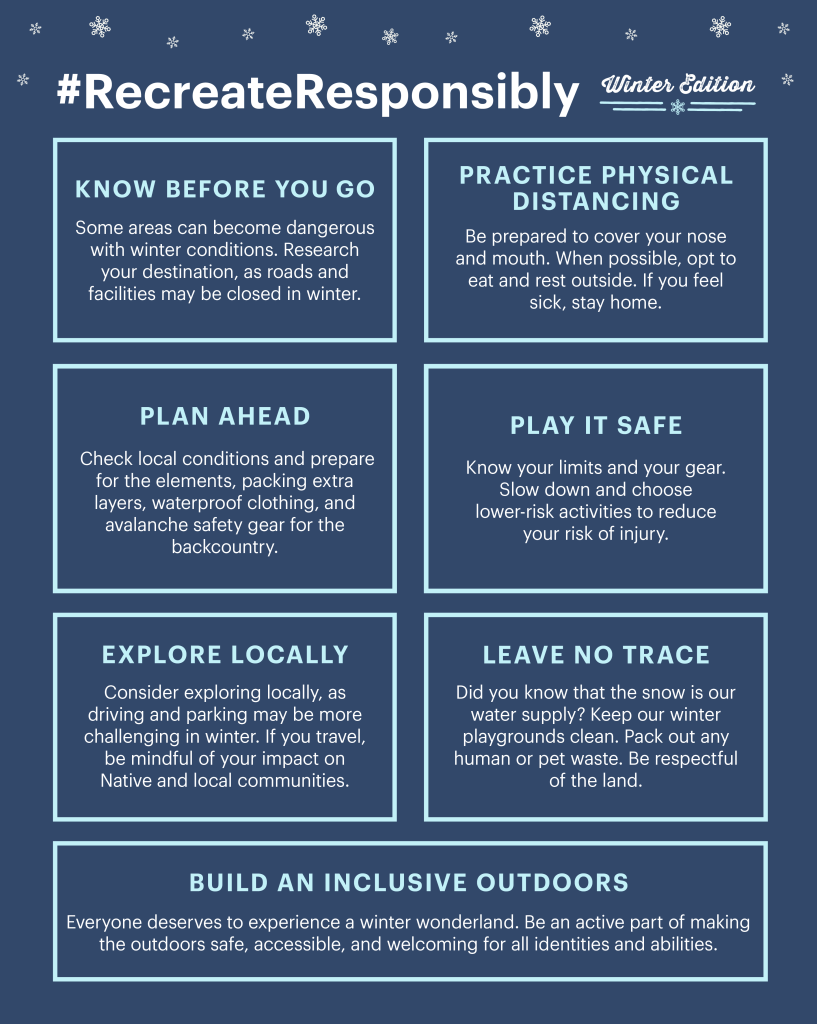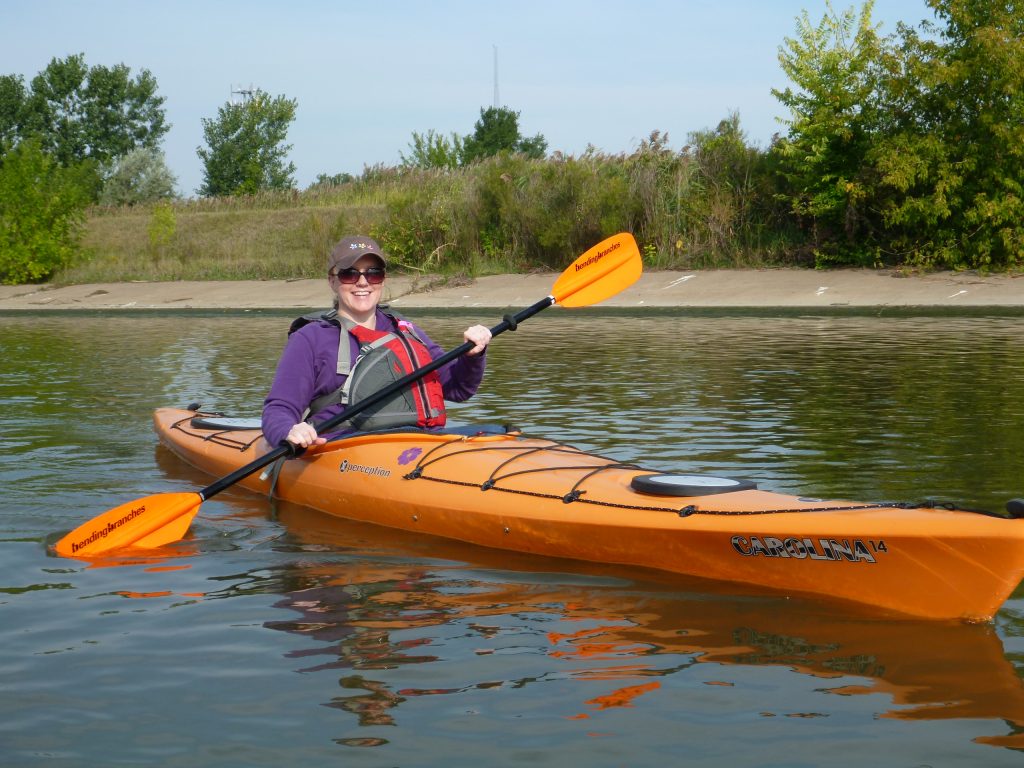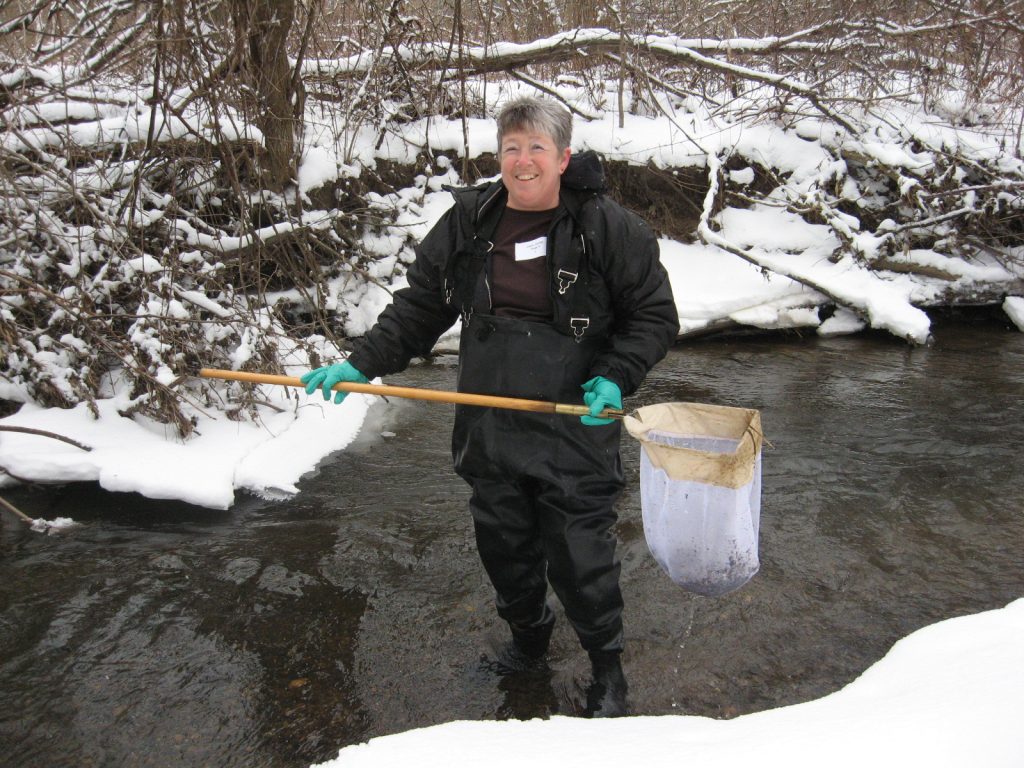Winter hiking is a fantastic way to enjoy the winter weather and see some stunning snow vistas. However, the cold temperatures and the risks of severe weather mean that hikers who want to try winter hiking need to take some special precautions when heading out for a winter hike. There are some unique weather situations that can occur in the winter which can make hiking dangerous if hikers aren’t prepared. Whenever you are going for a winter hike you should:
Beware Of Frostbite
Frostbite is a serious condition. Severe frostbite can cause permanent damage to your extremities and may even lead to amputation. Frostbite can occur anytime the thermometer dips below freezing, depending on the wind chill. The wind chill and the actual temperature combined can cause frostbite in less than 30 minutes if the wind chill is below zero, even if the actual temperature is warmer. To protect yourself form frostbite you should always wear high quality boots, warm socks, gloves, and protection for your ears and face.
Check The Forecast Frequently
The weather can be unpredictable in the winter, especially if you’re hiking at high elevations or in the mountains. Check the forecast before you go on your hike but also keep a portable weather radio with you and check it frequently to get the most updated forecast for the area. Sometimes GPS and cell phones don’t work in remote locations so don’t rely on them for updated forecasts. Use an actual NOAA approved weather radio.
Let Someone Know Before You Go
Winter hiking can be treacherous and even seasoned and experience hikers can have trouble. Before you go on your hike let a friend or family member know where you will be hiking and approximately how long you will be gone. That way if you’re not back promptly they will know where to start looking for you. If you get hurt or sick and you’re on your own in the wilderness every minute counts during bad weather. If no one knows where you are you’ll have a much harder time getting help. But if you tell someone where you will be they will know where to start looking.
Invest In The Right Gear
Having the right gear is always important when you’re hiking but it’s essential when you’re hiking in cold and wet weather. Invest in high quality waterproof gear like waterproof boots. Waterproof means that the seams and holes have been sealed and won’t let any water in at all while water resistant means that the item has been coated with a substance that will repel water. You need waterproof gear that will keep you dry in the snow.
Stay On The Trail At All Times
When you’re hiking in the winter you should always stay on the marked trail. Sometimes it’s hard going when you have deep snow but with the snow covering everything around the path you don’t know what you’ll find if you go off the path. You could find streams or water, or sharp cutoffs, or icy ground that is too slippery to walk on. Stay on the trail for your own safety.
Additional Reading
This article was created by Personal Injury Help (www.personalinjury-law.com), an organization dedicated to providing the public with information about personal injury and safety information. Nothing in this article should be construed as legal advice, and it is intended for informational use only.
Categories
-
News & EventsLearn more about upcoming FOTR events and projects



